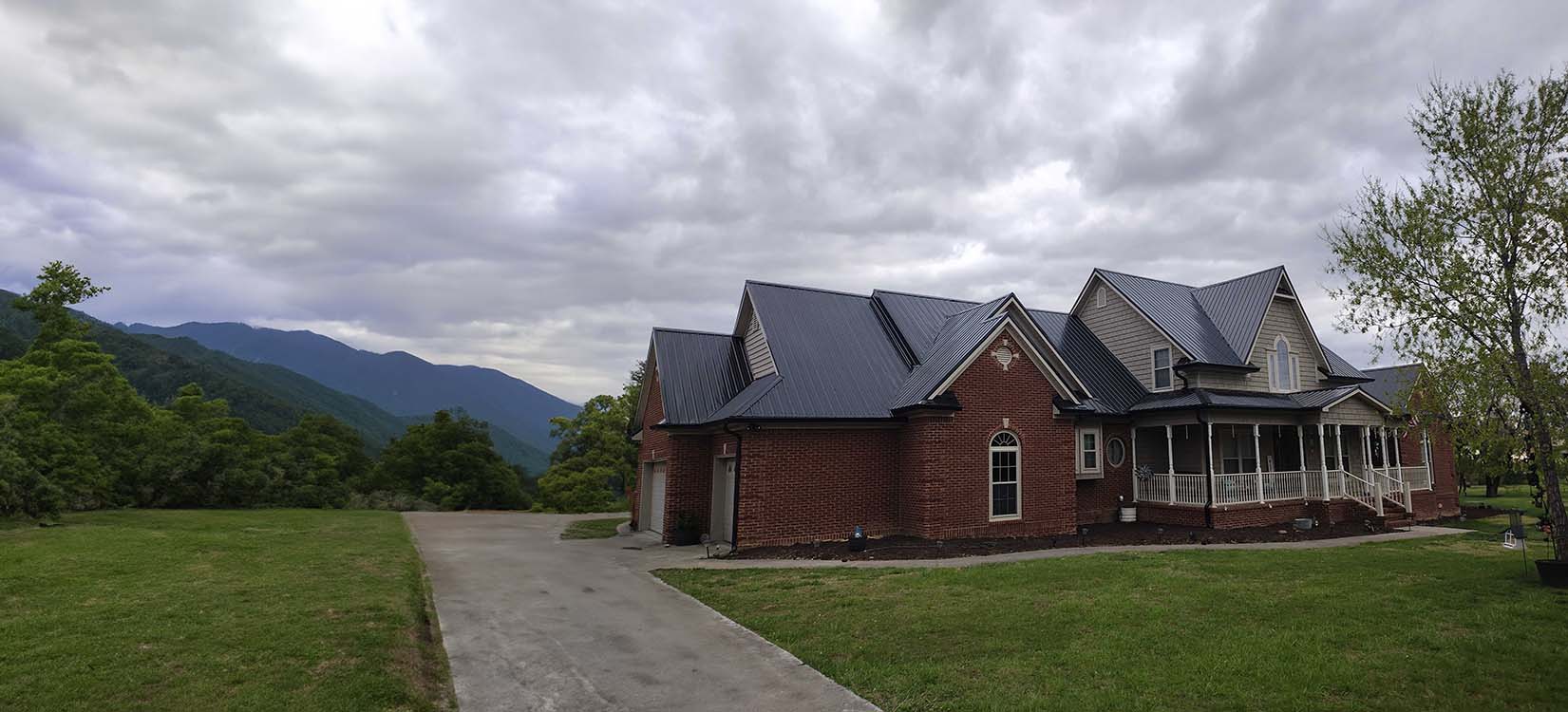- HEP
- Toughest Weather Conditions

 Toughest Weather Conditions
Toughest Weather Conditions
Toughest Weather Conditions | Metal Roofing | Roofing | Clinton
Looking for the best way to weather-proof your Clinton home or business? HEP’s metal roofing stands out as the ultimate defense, offering exceptional resilience against heavy rain, intense winds, and fluctuating temperatures. From frigid winters to sweltering summers, our team installs a top-of-the-line system that won’t crack, peel, or fade under pressure. Count on us to give your property the unwavering security and lasting performance it deserves.
Beyond its toughness, metal roofing comes with added benefits—like energy efficiency and minimal maintenance—making it a savvy long-term investment. Not only does it reflect heat to keep your home cooler, but its sleek appearance also boosts curb appeal. With HEP’s impeccable craftsmanship, you’ll enjoy a beautiful, enduring roof that easily stands the test of time. Upgrade to HEP’s metal roofing in Clinton today and experience unmatched protection for years to come.
FAQs
How does metal roofing withstand heavy rain and strong winds in Clinton?
Metal roofing is known for its excellent durability under harsh weather conditions. Most metal panels are designed to resist wind speeds of up to 140 mph (or higher, depending on the specific roofing system). The interlocking seams and fasteners help keep the roof intact even in strong winds, while the smooth, rigid surface effectively channels heavy rain off the roof. This reduces the likelihood of water pooling and leaking, making metal roofing an ideal choice for areas that experience regular storms.
Is a metal roof prone to damage from hail or debris during severe storms?
Metal roofs are engineered to handle impacts better than many other roofing materials. In many cases, they carry a Class 4 impact-resistance rating, the highest available test rating for roofing materials. While larger hail can dent certain types of metal panels, the likelihood of structural damage or leaks is much lower compared to more brittle materials. Routine inspections are still recommended after severe storms to detect any dents or minor damage that may require repair.
Will a metal roof attract lightning in stormy weather?
Despite a common myth, metal roofs do not attract lightning. Lightning typically strikes the highest structure in the area—regardless of material—so a metal roof is not more likely to be hit than any other type of roof. In the improbable event that lightning does strike a metal roof, the electricity will be dispersed across the surface and grounded, which often reduces the risk of fire damage compared to more combustible materials.
How do metal roofs help with energy efficiency, especially in hot summers?
Many metal roofs have reflective coatings designed to minimize heat absorption. This helps keep the home cooler during the summer months by reflecting solar thermal radiation away from the roof. Consequently, homeowners often experience decreased cooling costs. Some metal roofing systems also allow for better ventilation, further improving energy efficiency by helping to circulate air and regulate indoor temperatures.
Are metal roofs noisier than other roofing types during heavy rain or hail?
When properly installed with suitable underlayment and insulation, metal roofs are no louder than other roofing materials. The myths about loud noise generally stem from older or poorly installed systems without adequate insulation. Modern metal roofing systems include layers that dampen sound. As long as your roofing contractor uses quality materials and proper techniques, noise during storms is typically minimal.
How long can I expect a metal roof to last in Clinton’s climate?
Metal roofing can last 40 to 70 years, and sometimes even longer with proper maintenance. The specific lifespan depends on factors like the type of metal (steel, aluminum, copper, or zinc), the thickness of the metal, and the quality of the installation. Regular roof inspections—especially following significant storms—will help identify potential issues early. By addressing minor problems promptly, you can extend your metal roof’s lifespan and maintain its protective qualities.